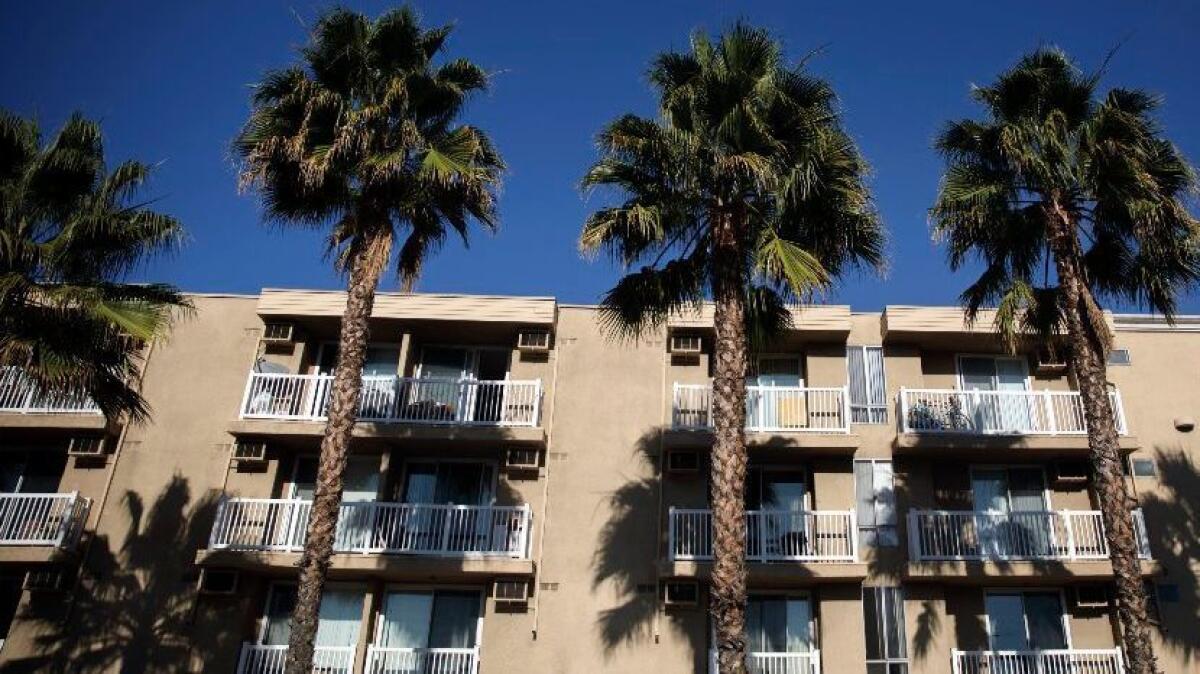Does a landlord need to give a reason for evicting a tenant?

Question: I’ve been living in a great apartment close to work for three years. My lease ended after a year, and I am now going month to month. I love the location, felt safe and planned to live here a long time. Last week, my landlord served me with a “60 Day Notice to Quit.” I don’t know what to do. Can she do that when I’m a good tenant who pays rent on time?
Answer: If you were on a lease, the landlord could not give you a 60 Day Notice to Quit without cause, but you stated that you are now on a month-to-month tenancy. Because you are now “month to month,” the general rule under California Civil Code section 1946.1 is that your landlord can serve you with a 60-day notice to terminate tenancy in writing without saying why she wants you to move out.
In some cities, local ordinances establish “no cause” eviction rules that require a landlord to give a reason for terminating the tenancy. So it’s very important to check with your city about the rental ordinances that may apply.
In Los Angeles, landlords of rent-controlled properties must provide a legal reason for eviction even if the tenants don’t have a lease.
The 60-day notice period is required because you have lived on the property one year or more, according to state law. If you had been renting there less than a year, then the landlord is only required to give 30-day notice terminating your tenancy. If you are renting with a Section 8 Housing Choice voucher, your landlord must give you a 90-day notice.
Assuming that 1) you were properly served under the California Civil Code section 1946.1(f), which references California Code of Civil Procedure section 1162, 2) no local ordinances apply and 3) you plan to return possession by the due date on the notice, you do not need to take any other action other than be sure you have moved out of the apartment by day 60.
However, if you have found housing and plan to move out sooner than day 60, then you, as the tenant, need to give the landlord a 30-day written notice of your intent to move out and return possession by day 30. By notifying the landlord of your last day in the unit, you give the landlord a chance to advertise for a new tenant to move into the unit as soon as possible.
If you receive a 60-day notice and move out sooner without giving your 30-day notice, the landlord may charge you rent for the remainder of the period even though you no longer occupy the unit. The exception is when the landlord finds a new tenant to mitigate her damages before the 60th day. In that case, she can charge you only for the days the unit wasn’t rented.
One last thought: Although your landlord does not have to tell you why he is terminating your tenancy, if you suspect that your landlord might be discriminating against you because of your race, national origin, familial status, religion or other protected class status, be sure to contract a Fair Housing agency about your suspicions.
Remember that any notice needs to be in writing per the California Civil Code section 1946.1(a). It also will minimize later misunderstandings. Keep copies of the written communications in a safe place.
In some situations, mediation can offer an avenue for a conversation between tenant and landlord to rescind a notice or extend the time for the tenant to move out.
Current is fair housing director for Project Sentinel, a Bay Area nonprofit. For more information, contact Project Sentinel at 1-888-324-7468, info@housing.org, visit www.housing.org or contact your attorney or local housing agency.
More to Read
Inside the business of entertainment
The Wide Shot brings you news, analysis and insights on everything from streaming wars to production — and what it all means for the future.
You may occasionally receive promotional content from the Los Angeles Times.






